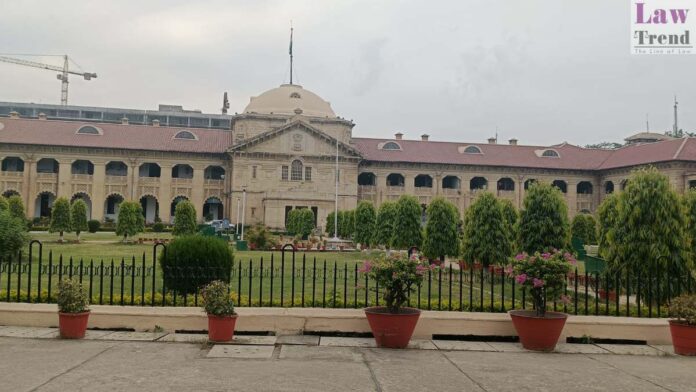The Allahabad High Court Division Bench comprising Justice Mahesh Chandra Tripathi and Justice Kunal Ravi Singh has dismissed a batch of writ petitions seeking a mandamus for the time-bound disposal of arbitration proceedings under Section 3G(5) of the National Highways Act, 1956. The Court held that the remedy for delay in such statutory arbitrations lies
To Read More Please Subscribe to VIP Membership for Unlimited Access to All the Articles, Download Available Copies of Judgments/Order, Acess to Central/State Bare Acts, Advertisement Free Content, Access to More than 4000 Legal Drafts( Readymade Editable Formats of Suits, Petitions, Writs, Legal Notices, Divorce Petitions, 138 Notices, Bail Applications etc.) in Hindi and English.




